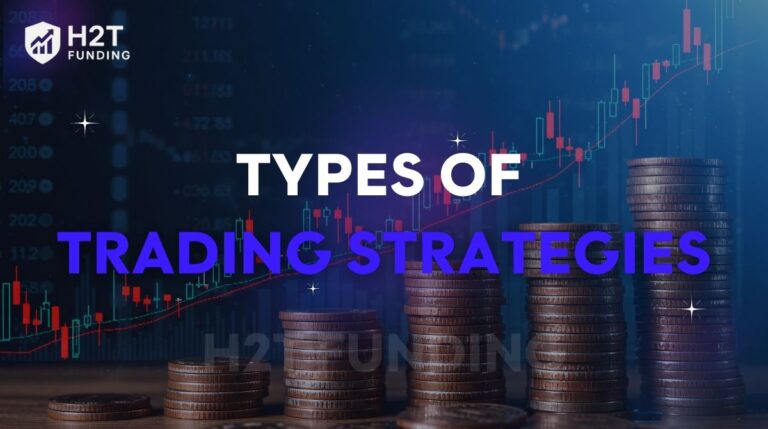Countless traders pour hours into studying charts and strategies, only to find consistent profitability just out of reach. They often get stuck in a frustrating loop: careful planning followed by impulsive decisions.
That nagging question of how to be more disciplined in your trading, whether it’s how to be disciplined in forex trading or navigate the complexities of the stock market, becomes the real invisible barrier. This barrier isn’t about market knowledge; it’s about mastering yourself.
Let’s be clear: discipline is the invisible wall separating winning traders from the rest. It’s the commitment to your plan, especially when your gut screams to do the opposite. This isn’t just some textbook theory. It’s a truth I’ve paid for, forged over years of picking apart not just others’ trades, but my own costly mistakes.
This article aims to be your comprehensive guide. We’ll explore the common pitfalls that derail traders and, more importantly, equip you with actionable strategies to build an unshakeable trading mindset. You’ll learn to control your emotions, adhere to your plan, and pave your path to consistent success.
Key takeaways:
- Discipline is the key differentiator: Consistent profitability in trading hinges on mastering self-discipline, not just market knowledge.
- Craft a solid trading plan: Define precise entry/exit criteria, risk management rules, and market conditions to guide your trades and shield against impulsive decisions.
- Manage emotions effectively: Overcome fear, greed, and impatience by detaching from P&L, practicing mindfulness, and accepting losses as part of the process.
- Leverage a trading journal: Document trades, emotions, and lessons to identify patterns, quantify your edge, and gain objective feedback for improvement.
- Optimize your environment: Create a distraction-free trading space, maintain a healthy lifestyle, and set trade limits to sustain focus and avoid overtrading.
- Learn from professionals: Focus on process over profits, accept losses as data, prioritize quality trades, and cultivate self-awareness to enhance discipline.
1. Understanding the discipline gap: Why traders struggle
Many traders find themselves in a loop: they grasp technical analysis, understand market dynamics, yet consistently fall short of their trading goals. The root cause often lies not in a lack of knowledge but in a gap in discipline. It’s crucial to identify these common pitfalls to understand how to be more disciplined in your trading, applying proven trading discipline rules.
1.1. The emotional rollercoaster
Trading is inherently emotional, and an inability to manage these feelings can be disastrous.
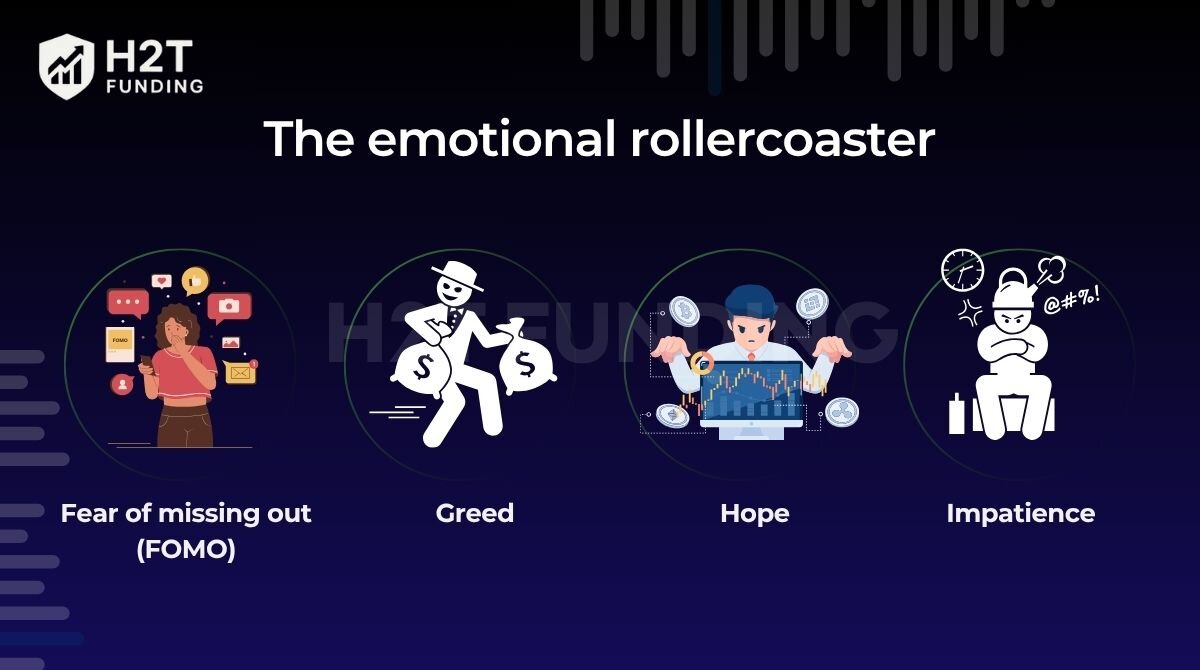
- Fear of missing out (FOMO): This often leads to jumping into trades without proper analysis, simply because others are.
- Greed: Pushing for larger profits, overtrading, or revenge trading after a loss are all driven by unchecked greed.
- Hope: Clinging to a losing trade, hoping it will turn around, can lead to much larger losses than anticipated.
- Impatience: The inability to wait for high-probability setups often results in forcing trades that don’t meet your criteria.
1.2. Lack of a solid trading plan
A vague or non-existent trading plan is a direct road to indiscipline.
- Unclear entry/exit criteria: Without precise rules, every decision becomes subjective and prone to emotion.
- Undefined risk management: Not knowing exactly how much to risk per trade or when to cut losses leaves you vulnerable.
- Absence of a trading journal: Without documenting trades, it’s impossible to learn from mistakes or replicate successes.
1.3. Poor risk management habits
Even with a plan, poor execution of risk management can quickly derail a trader.
- Overleveraging: Using too much capital on a single trade magnifies both potential gains and losses, increasing emotional pressure.
- Inconsistent stop-loss use: Failing to place or adhere to stop-loss orders can turn small, manageable losses into catastrophic ones.
- Chasing losses: Trying to immediately make back lost money often leads to larger, more reckless trades.
1.4. External pressures and distractions
The trading environment itself can contribute to a lack of discipline.
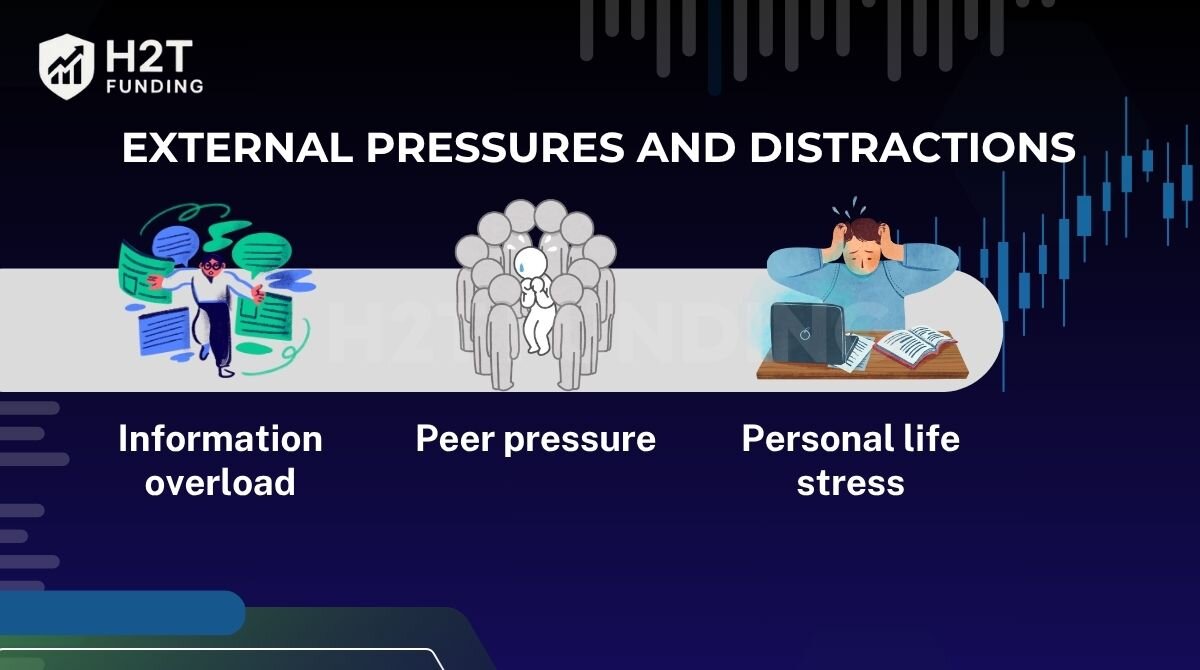
- Information overload: Constant news, analyses, and social media chatter can create confusion and doubt.
- Peer pressure: Following the herd in online trading groups, rather than your own analysis, is a common trap.
- Personal life stress: Stress from outside the markets can spill over, impairing judgment and decision-making during trading hours.
1.5. The illusion of quick riches
Many newcomers enter trading with unrealistic expectations of rapid wealth. This misconception often drives impulsive, high-risk behavior. Trust me when I say this: believing trading is a “get-rich-quick” scheme is the fastest way to blow up an account.
It kills the patience and methodical approach you need to survive. Real success is built brick by brick, through consistent effort, not lottery wins.
View more:
2. How to be more disciplined in your trading
Now that we understand the common pitfalls, it’s time to focus on actionable strategies. Building discipline isn’t about being born with it; it’s a skill you cultivate. These steps, when consistently applied, will help you answer the crucial question of how to be more disciplined in your trading.
2.1. Laying the foundation: The indispensable trading plan
If you’re truly asking how to become a professional trader in the stock market or any other field, the answer starts here: every single pro operates with a well-defined plan. This isn’t a suggestion; it’s the bedrock of their success.
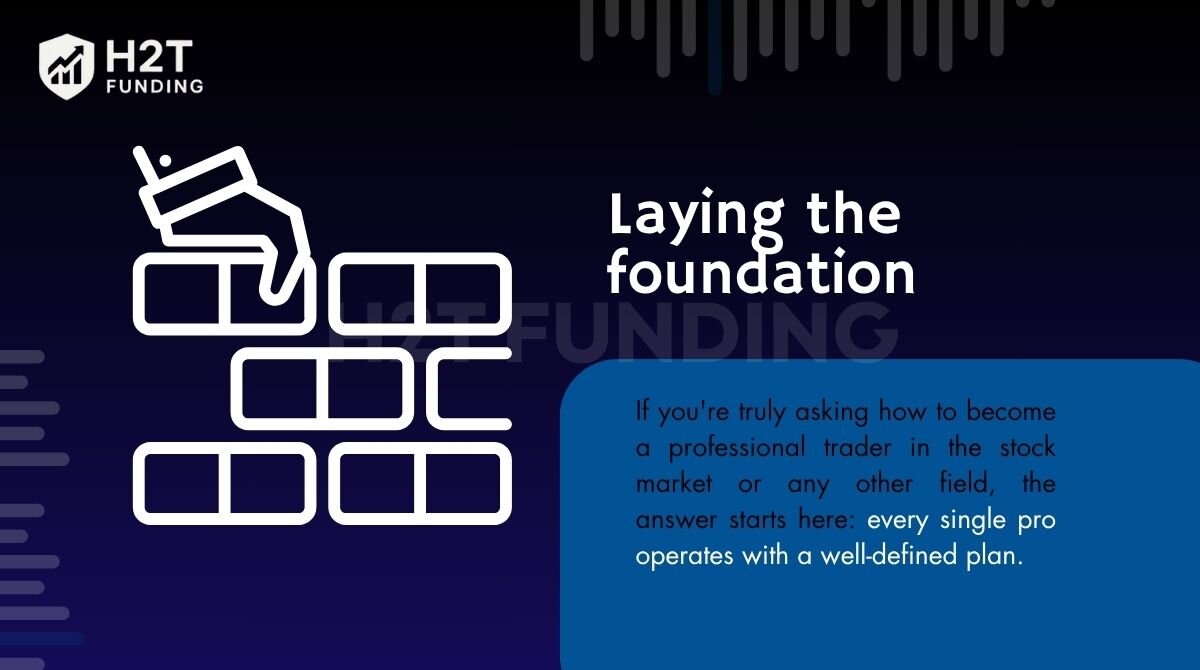
Think of it as your roadmap and your shield against the chaos of impulsive decisions, a powerful force that finally allows you to adhere to strict trading discipline rules.
Defining your edge: Before you even think about entering a trade, you must clearly articulate why you’re taking it. This is your personal superpower, the secret sauce that separates you from the crowd of hopefuls.
- Specify your strategy: What are your exact, undeniable entry and exit criteria? Which indicators, patterns, or fundamental factors trigger your trades? Don’t be vague; be surgically precise.
- Identify market conditions: In which market environments (trending, ranging, or volatile) does your strategy perform best? Stick to those conditions like glue. This isn’t about sitting on the sidelines; it’s about waiting for the perfect opportunity to strike.
Crafting your risk management blueprint: This is the non-negotiable pact you make with yourself for survival and long-term triumph.
- Position sizing: Calculate your position size based on a fixed percentage of your capital, typically 1-2% per trade. This simple rule is your ultimate protector, ensuring no single loss can ever significantly damage your account.
- Stop loss & take profit placement: Define these levels before you enter a trade. They should be based on cold, hard technical analysis, not on arbitrary numbers or emotional hope. Hope is a currency that will bankrupt you in trading.
- Daily/weekly loss limits: Set a maximum amount you’re willing to lose in a day or week. If you hit this limit, step away from the charts immediately. This isn’t a sign of weakness; it’s the vital “kill switch” that saves you from yourself.
Pre-market routine: Discipline doesn’t start when the market opens; it begins before. This is your personal ritual to prepare for battle.
- Review your overall trading plan.
- Analyze the major market trends and upcoming economic news.
- Mentally prepare yourself for the trading day. This is a crucial step that many neglect, yet it is a powerful tool for maintaining focus and emotional control.
Post-market review: This is where true, lasting learning happens. Every day, review your trades, both the thrilling winners and the painful losers to understand what worked and what didn’t. Embrace this process; it’s the key to turning your mistakes into stepping stones for future success.
2.2. Mastering your mind: Psychological fortitude for traders
Trading is as much a mental game as it is a strategic one. Cultivating the right mindset is key to how to be more disciplined in trading.
Emotional detachment: Learning to separate your emotions from your trading decisions is paramount.
- Accepting losses: Understand that losses are an inherent part of trading. They are business expenses, not personal failures.
- Detaching from Profit & Loss (P&L): This is a game-changer: stop obsessing over the money and start obsessing over flawless execution. When your goal is to follow your plan perfectly, the emotional roller coaster smooths out on its own.
- Mindfulness & meditation: Simple daily practices can help you stay calm, focused, and objective, even during volatile market periods.
Building patience: Your greatest ally
The market often rewards patience with incredible opportunities and punishes impatience with painful, needless losses. This isn’t just a cliché; it’s a cold, hard truth that separates those who thrive from those who fail.
- Waiting for high-probability setups: You must resist that frantic urge to force trades when the market is quiet. A disciplined trader doesn’t need to be in the action; they wait, with laser-like focus, for their specific conditions to align. This quiet confidence is your biggest weapon.
- Understanding market cycles: Recognize when your strategy is primed to perform brilliantly and, just as importantly, when it’s your absolute best move to stand aside and protect your capital. Trying to trade in the wrong conditions is a recipe for disaster.
Cultivating self-awareness: Know your demons
This is where the real work begins. You must have the courage to understand your own psychological triggers.
- Recognize your emotions: When you feel that knot of impulse, the burn of frustration, or the dangerous high of overconfidence, you must recognize it for what it is a threat to your discipline.
- Use your trading journal: This isn’t just a log; it’s a mirror. Use it to track your emotional state alongside your trades. This invaluable habit will help you ruthlessly identify the problematic patterns that are costing you money and peace of mind.
2.3. The power of documentation: Your trading journal
A trading journal isn’t just a record; it’s a powerful tool for self-reflection and a cornerstone of how to be more disciplined in trading. It transforms subjective experiences into objective data.
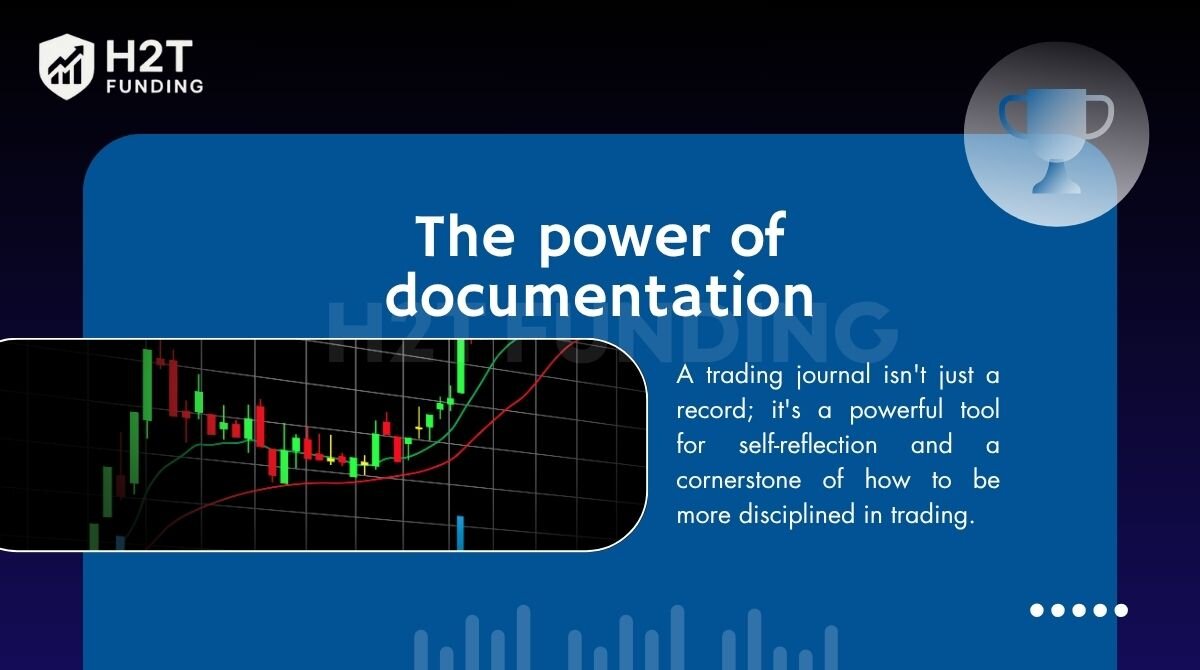
What to track: Go beyond just entry and exit prices.
- Trade details: Instrument, entry/exit price, position size, time of day.
- Reason for entry/exit: Was it based strictly on your plan? What specific criteria were met?
- Emotional state: How were you feeling before, during, and after the trade? Were you calm, anxious, or angry?
- Lessons learned: What insights can you glean from this trade? What would you do differently next time?
Benefits: The insights gained from consistent journaling are invaluable.
- Identifying patterns: See what strategies work best for you and, critically, what emotional patterns lead to bad decisions.
- Quantifying your edge: Objectively measure your strategy’s performance and identify areas for improvement.
- Objective feedback: The journal provides unbiased feedback, preventing you from rationalizing poor trades.
Practical tip: Start simple. A spreadsheet can be highly effective. If you’re looking for a structured approach, consider using a dedicated trading journal software.
2.4. Environment and habits: Structuring for success
Your physical and mental environment plays a significant role in your ability to maintain discipline.
- Dedicated trading space: Create a quiet, organized area free from distractions. This signals to your brain that it’s “work time.”
- Healthy lifestyle: Your physical state directly fuels your mental game. Prioritize sleep, good food, and exercise. It’s a simple truth: a tired mind makes costly mistakes. Period.
- Breaks and disconnection: Don’t chain yourself to the screen. Regular breaks prevent burnout and emotional fatigue. Sometimes, stepping away is the most disciplined action you can take.
- Avoiding overtrading: Set strict limits on the number of trades you take per day or week. Overtrading often stems from boredom or a desire for quick gains, undermining the core of how to be more disciplined in trading.
- Accountability: Share your goals and challenges with a trusted mentor or join a supportive (but non-promotional) trading community. Knowing someone is aware of your commitments can boost your adherence.
3. Beyond the basics: Advanced discipline techniques
Once you’ve established a solid foundation, you can integrate more advanced techniques to refine your discipline. These methods help ingrain good habits and fortify your mental approach.
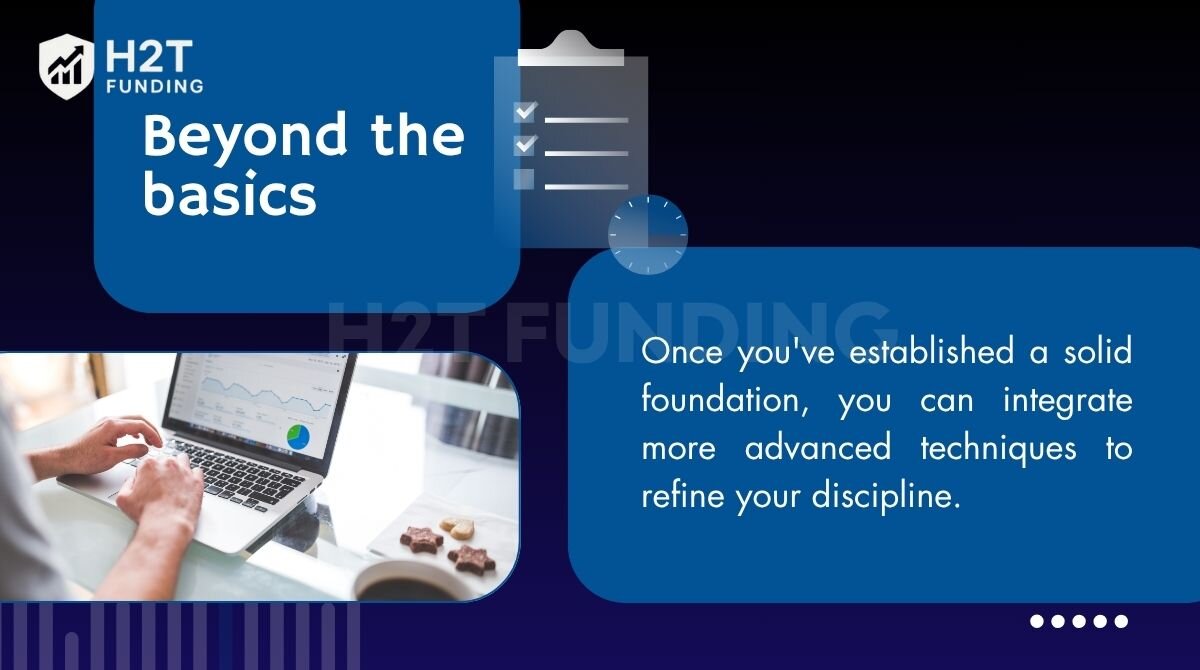
- Simulated trading (paper trading): Before risking real capital, rigorously test your discipline on a demo account. It allows you to practice your plan and emotional control without the pressure of financial loss.
- Backward testing & forward testing: Don’t just rely on theoretical strategy. Back-test your plan using historical data and forward-test it on current market conditions (in simulation) to confirm its robustness. This builds conviction in your strategy, which in turn fosters discipline.
- “If-then” scenarios: Prepare for common market situations by pre-defining your responses. For example: “If the market gaps down against my position, then I will exit at market open.” This removes emotional decision-making in the heat of the moment.
- The “one trade at a time” mindset: Focus solely on the execution of your current trade according to your plan. Don’t let past losses influence this trade, nor should future profits distract you. Each trade is an independent event.
- Continuous learning: The markets are always evolving. Stay updated with market dynamics and refine your approach. However, always integrate new knowledge within your established, disciplined framework.
4. Real-world insights: Lessons from professional traders
The journey to understand how to be more disciplined in trading isn’t new. Professional traders, those who consistently navigate the markets, offer invaluable insights. Their success isn’t typically due to secret indicators or insider information, but rather a robust mental framework and strict adherence to their process.
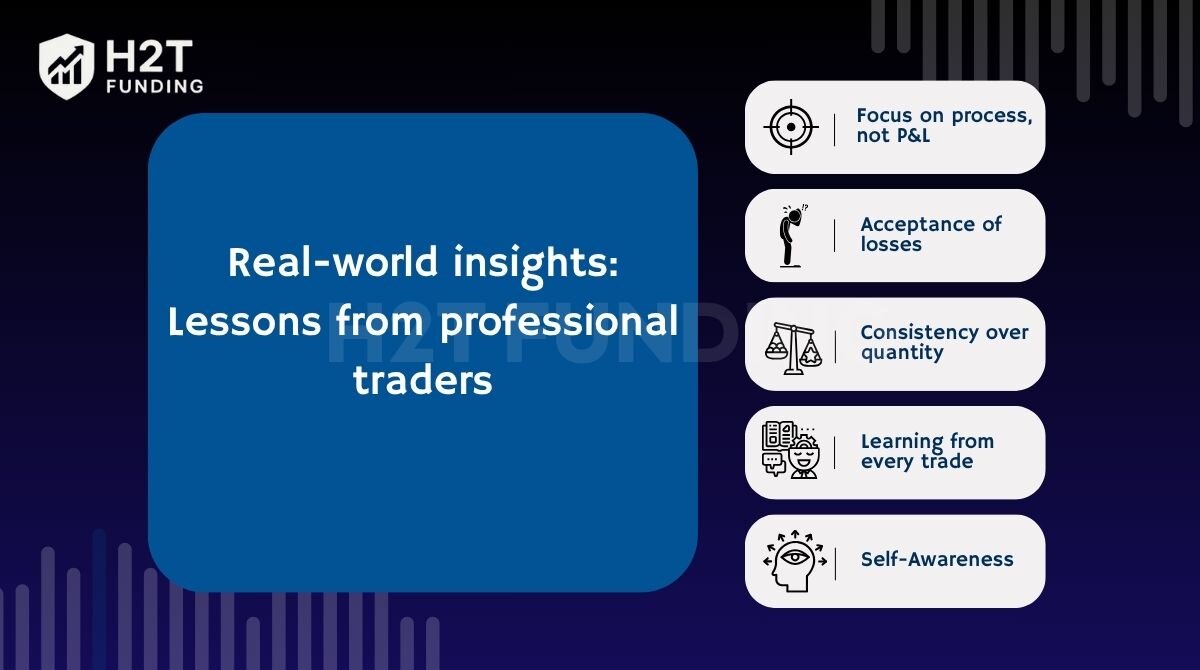
These principles don’t just come from books; they were forged in my own mistakes and validated by watching how top traders truly operate.
4.1. Focus on process, not P&L
This is perhaps the most fundamental lesson. Professional traders prioritize the perfect execution of their trading plan over immediate profit or loss. They understand that consistent adherence to a proven process will lead to long-term gains, while chasing daily P&L often leads to impulsive decisions.
My own experience is a testament to this. Early in my trading career, I was obsessed with my daily profit and loss (P&L). A good day meant I was a genius; a bad day made me question everything.
This emotional rollercoaster led to inconsistent performance. It wasn’t until I shifted my focus entirely to executing my plan flawlessly, regardless of the immediate outcome, that I started seeing consistent progress. The P&L became a byproduct of solid execution, not the primary focus.
4.2. Acceptance of losses
Losses are an undeniable part of trading. Disciplined traders view them as business expenses, not personal failures. Accepting small, controlled losses prevents the much larger, emotionally driven “revenge trades.” It’s about preserving capital and sticking to your risk limits.
I remember Tea, our Senior Trader, putting it bluntly to some of our new guys. He doesn’t sugarcoat it. He’d say, “I learned the hard way the market couldn’t care less about your feelings. A loss is just data. Eat it, learn from it, and move on. Trying to get ‘even’ with the market is the fastest way to get wrecked.”
4.3. Consistency over quantity
Quality of trades consistently trumps quantity. Disciplined traders wait patiently for high-probability setups that align perfectly with their strategy. They don’t feel the need to always be in the market. As I’ve observed, many new traders overtrade, leading to exhaustion and a breakdown of discipline.
Speaking of Tea, I saw him mentoring a new trader once. The guy was getting visibly frustrated because the market was quiet and he wasn’t taking many trades. Tea just calmly said, “Look, it’s not about how many trades you take. It’s about the quality of each trade. Think of it like a sniper, not a machine gunner. You wait for the perfect shot.”
This patience, a hallmark of disciplined trading, prevents burnout and ensures that capital is only risked when the odds are in your favor.
4.4 Learning from every trade
This ties directly into the power of the trading journal. Every trade, win or loss, offers a lesson. Professional traders meticulously review their actions, emotions, and market conditions to continuously refine their approach. This continuous feedback loop is crucial for evolution.
For me, the trading journal was initially a chore. I’d just record entries and exits. But as I became more disciplined, I started adding notes about my emotional state, my rationale, and what I could have done better.
This practice was a game-changer. It allowed me to objectively see patterns in my mistakes and replicate my successes. It’s how I identified that I tended to chase trades on Fridays due to FOMO before the weekend, a pattern I then actively worked to correct.
4.5. Self-Awareness
Understanding your personal biases, emotional triggers, and psychological weaknesses is a hallmark of disciplined traders. They know when they are susceptible to overtrading or breaking rules and take proactive steps to mitigate these risks. For instance, if you know boredom leads to impulsive trades, you step away during quiet market hours.
Tea often emphasizes the importance of self-awareness in our team discussions. “Know your demons,” he’d quip. “If you know you get restless during slow periods, don’t just sit there staring at the screen.
Go for a walk, do some research, or step away entirely. Recognize your triggers and have a plan to manage them before they manage you.” This proactive approach to self-management is a clear differentiator for highly disciplined traders.
Read more similar blog posts for the smartest strategies here:
5. Related questions (FAQs)
Trading discipline is the consistent adherence to your predefined trading plan and risk management rules, regardless of market emotions or fluctuations. It’s about making rational, systematic decisions over impulsive ones.
Discipline is crucial because it directly impacts your profitability and longevity in the markets. It prevents costly impulsive decisions, controls losses, ensures consistent execution, and allows for objective learning and improvement over time.
Control emotions by acknowledging them without letting them dictate your actions. Strictly stick to your trading plan, practice mindfulness, and reduce your position size to lessen emotional pressure.
Build a disciplined trading plan by clearly defining your strategy (entry/exit criteria), precise risk management rules (position sizing, stop-loss), identifying ideal market conditions, and establishing consistent pre-market, in-session, and post-market routines.
Absolutely. Trading discipline is a learned skill, not an innate trait. It’s developed through consistent practice, strict adherence to a plan, effective emotional management techniques, and diligent journaling.
If you’re asking this, you’re not alone. A lack of discipline usually stems from emotional responses (fear, greed), a vague trading plan, poor risk management habits, or unrealistic expectations. Pinpointing which of these is your root cause is the first step to improving and understanding how to be more disciplined in trading.
To be a disciplined options trader, you must: Understand option Greeks and their impact. Define clear strategies for different market conditions (e.g., long calls for bullish trends, iron condors for sideways). Strictly manage risk by defining maximum loss per trade and overall portfolio exposure, considering the leverage options provided. Avoid overtrading and resist the temptation to chase quick profits. Journal your options trades meticulously, noting premium, volatility, and emotional state.
6. Conclusion
Mastering how to be more disciplined in your trading isn’t an overnight transformation; it’s a journey built on consistent effort and self-awareness. We’ve explored the foundations: a meticulously crafted trading plan, unwavering psychological fortitude, the indispensable habit of journaling, and a supportive trading environment. These aren’t just concepts; they are the pillars upon which consistent profitability is built.
Remember, discipline in trading is a skill, much like any other. It’s honed through practice, learned from mistakes, and strengthened by a commitment to process over immediate outcomes. The journey to becoming that calm, decisive trader starts today, with your first commitment to these principles.
- Discipline is a learned skill, not an innate trait.
- A robust trading plan is your essential guide.
- Mastering emotions is as crucial as mastering charts.
- Consistent journaling provides invaluable insights for improvement.
- Your trading environment significantly impacts your decision-making.
At H2T Funding, we believe in empowering traders with the knowledge and tools to navigate the markets successfully. Our extensive resources, including our Prop Firm & Trading Strategies section, are designed to support your growth. Are you ready to commit to the discipline that can transform your trading? Explore our resources and begin your path today.


